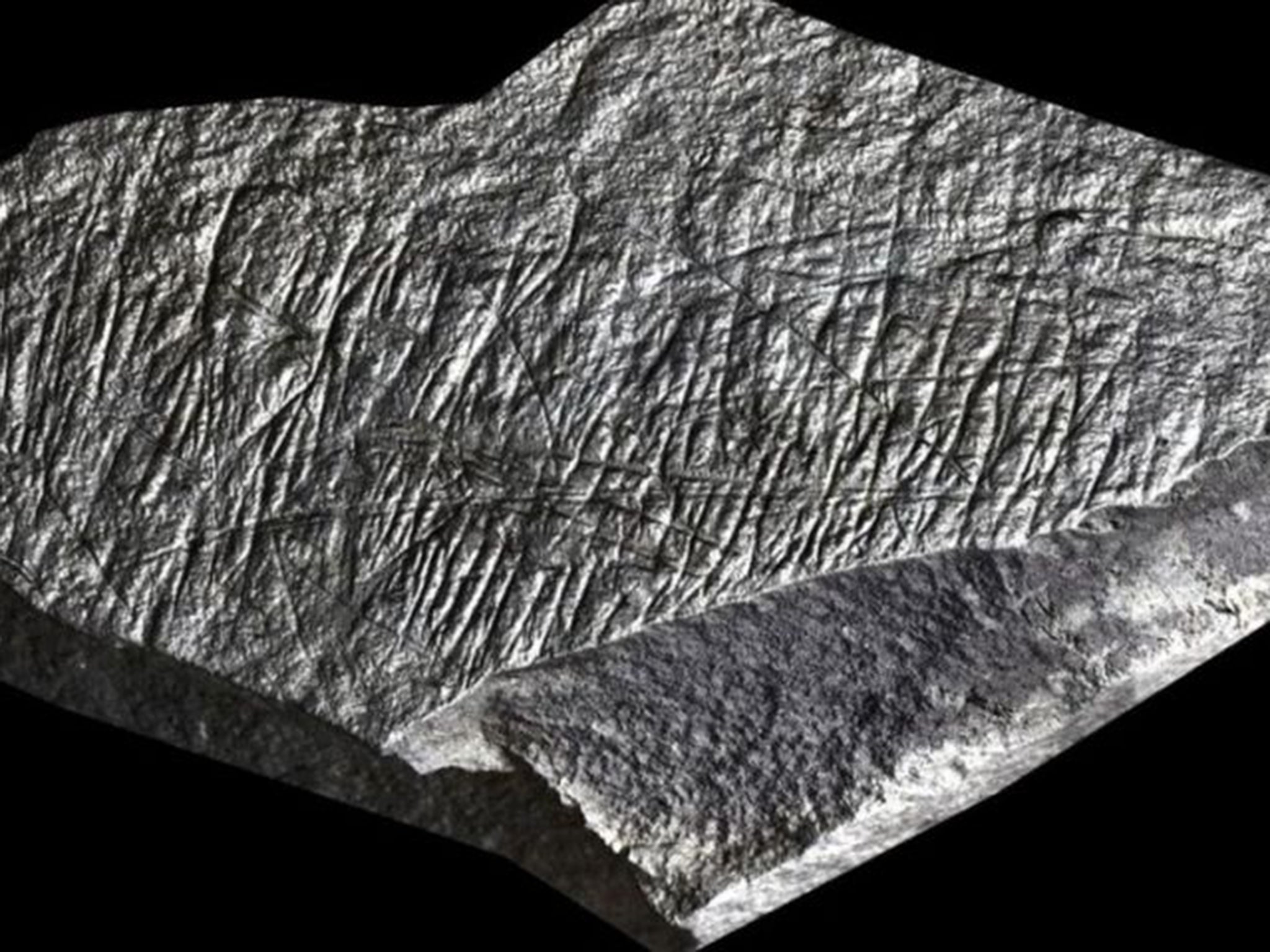Britain's 'oldest artwork' discovered after 14,000 years
A dig in Jersey has uncovered artefacts from the end of the last Ice Age

The earliest known art in the British Isles may have been discovered after a dig in Jersey uncovered artefacts from the end of the last Ice Age.
The items, including pieces of stone crisscrossed with carved lines, are believed to be at least 14,000 year old, making the camp among the earliest in northern Europe.
“They’re not a thing that is supposed to be admired, it’s the act of engraving that seems to be important,” said Dr Chantal Conneller, co-director of the Ice Age Island project. But she added that radiocarbon dating was needed before the age of the art could be confirmed.
The earliest known art in the British Isles was carved into stone walls in Derbyshire 12,000 years ago.
Join our commenting forum
Join thought-provoking conversations, follow other Independent readers and see their replies
Comments
Bookmark popover
Removed from bookmarks